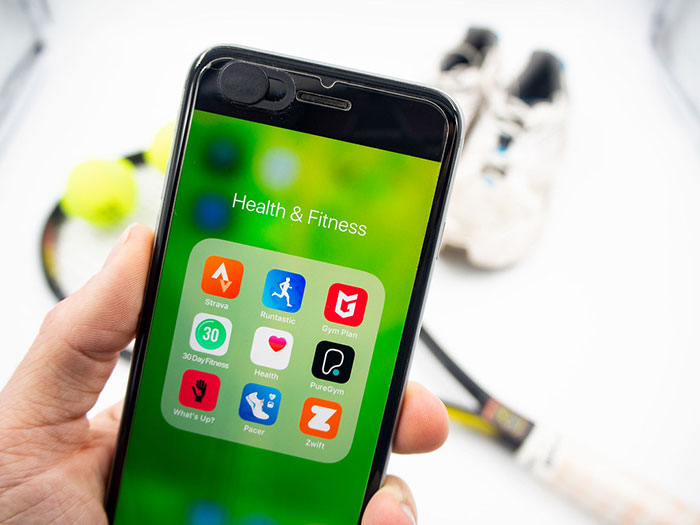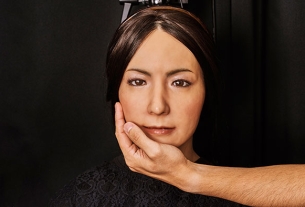With New Year resolutions in full swing and health tracking apps at our fingertips, new research reveals concerning links between health and fitness apps and disordered eating, body image concerns and excessive exercise.
“Diet and fitness apps are marketed as tools to improve health, however they may also have unintended negative consequences, such as creating pressure to meet goals, concerns about body image as well as provoking feelings of guilt if goals aren’t achieve. Whilst there is evidence that these tools can be effective in increasing physical activity, we’re interested in understanding whether these apps might actually be harmful for some users.”
– Ms. Isabella Anderberg in the College of Education, Psychology and Social Work
The use of diet and fitness apps is common among young adults, with an estimated 311 million people using health apps, such as MyFitnessPal, to track their meals, calories, and exercise.
Flinders University researchers reviewed 38 studies to examine the links between the use of diet and fitness apps and the risk of users becoming obsessive about weight loss, body image, calorie counting, and excessive exercise.
The research found that those who use health and fitness apps regularly were more likely to have problematic habits related to food and exercise.
“We found that young adults who use diet and fitness apps have greater disordered eating symptoms, such as harmful or restrictive diets, and have negative thoughts about body image when compared to those that don’t use them,” says Ms. Anderberg.
‘



